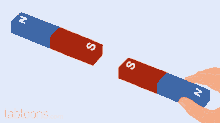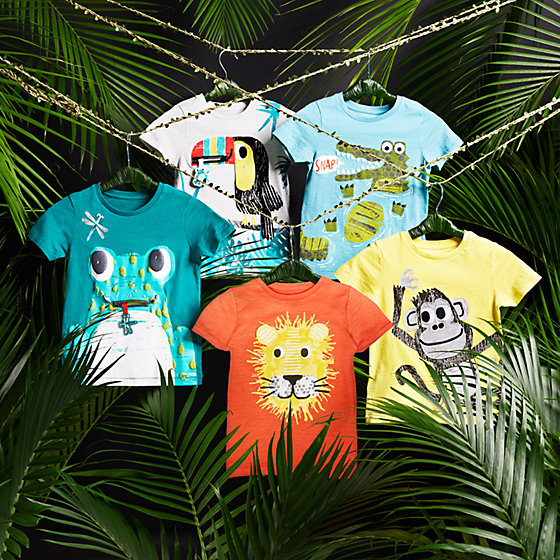Science
Science
Summer 2 - Plants
We will be :
Exploring the different features of a plant and how they help the plant to survive, grow and reproduce. Identify and describe the functions of different parts of flowering plants: roots, stem/trunk, leaves and flowers. Investigate the way in which water is transported within plants.
Investigating what plants need to grow healthily- plants need light, water, carbon dioxide and warmth. Investigations into sunlight and water. Explore the requirements of plants for life and growth (air, light, water, nutrients from soil, and room to grow) and how they vary from plant to plant
Looking at how plants produce new plants?- explore seed dispersal (wind, animals, explosion) Germination (when seeds start to grow) Explore the part that flowers play in the life cycle of flowering plants, including pollination, seed formation and seed dispersal.
Summer 1 - Light and Shadows

.jpg)
Above is the knowledge oragniser your child has been given to take home. We have asked the children to read through the key words we will be using throughout our Science topic.
Our Key Questions are:
What do we need light for?
How is light reflected?
How do mirrors work?
How can sunlight be dangerous?
How are shadows formed?
Today we have been investigating the protection different SPF's give us in the sun.
We coated UV beads in diffferent SPF's and then put them in direct sunlight. We compared how they changed coloured.
We then made our own sun safety bracelets using the UV beads see the pictures below.
What do we need light for?
We need light to see things. Without light it would be dark. Darkness is the absence of light. Within our lesson we explored different light sources.
Click on the link to Explore light in more detail
How is light reflected?
Click on the link to find out how light is reflected
We used touches to explore which surfaces reflected the light the best.
Click on the link to find out how light is reflected for safety
 Spring 2 - Forces and Magnets
Spring 2 - Forces and Magnets 
Below is the knowledge oragniser your child has been given to take home. We have asked the children to read through the key words we will be using throughout our Science topic.

Our Key Questions are:
Do all objects use the same force?
How can the strength of a force be changed?
Are all materials magnetic?
Do all mangets have the same strength?
How do magnets work?
Spring 1 -Rock and Roll
Above is the knowledge oragniser your child has been given to take home. We have asked the children to read through the key words we will be using throughout our Science topic.
Our theme is :Rocks and soils
Our Key Questions are:
How are fossils formed?
Are all rocks the same?
Children will compare and group together different kinds of rocks on the basis of their appearance and simple physical properties.
Children will describe in simple terms how fossils are formed when things that have lived are trapped within rock.
Children will recognise that soils are made from rocks and organic matter.
The children have been looking carefully at different rocks and trying to name them.
The Children wrote a descrition and drew each of the rocks.
We then set up an investigation to see How hard rocks are?
We talked about what hardness and durable means. We then looked at things we can change, things we can observe and things we need to keep the same to ensure it is a fair test.
We scratched each rock once with: 1. fingernails 2. a paperclip 3. A coin.
We observed if this then left scratches on the rocks or made them crumble.
Autumn 2 - Healthy Humans
Above is the knowledge oragniser your child has been given to take home. We have asked the children to read through the key words we will be using throughout our Science topic.
Autumn 2
Our theme is… Healthy Humans
Our Key Questions are:
- How do our choices impact on our lifestyle?
- Are the diets different between animals and humans?
- What are the essential elements of a balanced meal?
Why do we need a skeleton and are all skeletons the same?
Children will understand the effect of a balanced diet and how this impacts on our lifestyle.
They will understand that although some animals and humans are mammals, they need a different diet. Children will be able to explain the difference between Herbivores, Omnivores and Carnivores.
Children will begin to ask and answer simple scientific questions such as ‘What if we only eat sugar?’
Children will use classify to identify different groups e.g. classify animals based on their diet, identify and group animals such as vertebrates and invertebrates.
Children will understand where food comes from and discuss what food they can get at particular times of the year.
Children will be able to recognise the difference between vertebrates and invertebrates and understand the importance of exoskeletons.
They will be able to name some of the bones in the body and how why the skeleton is important.

As part of our Science topic, we will be having an explorers day on Monday 21st November
Children are invited to get dressed up as explorers for the day.

Don’t worry if you don’t have an outfit, you might have a top with an animal print that would be perfect for the day too.
Please remember to complete and return the letter sent home so that your child can take part in the activities with our visiting animals! If you need another copy of the letter, please Mrs Khan either at start of the day or at hometime.
Explorer's Day - Monday 21st November
 Reedley Primary School
Reedley Primary School












.JPG)


.JPG)



.JPG)
.JPG)

































